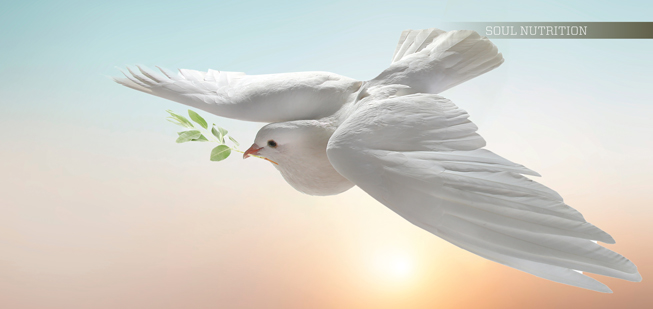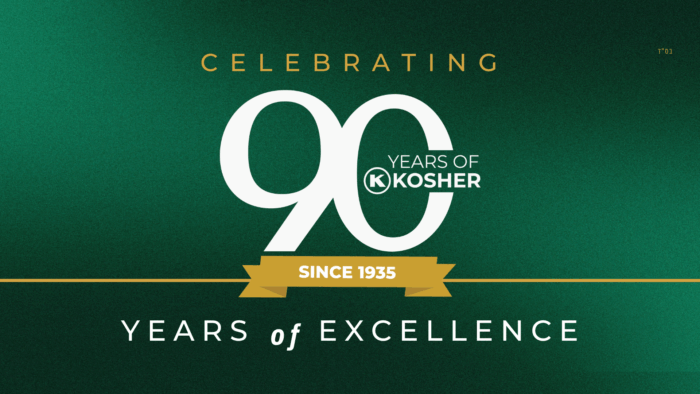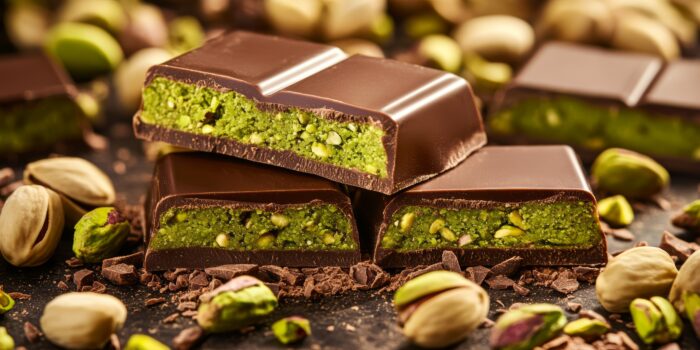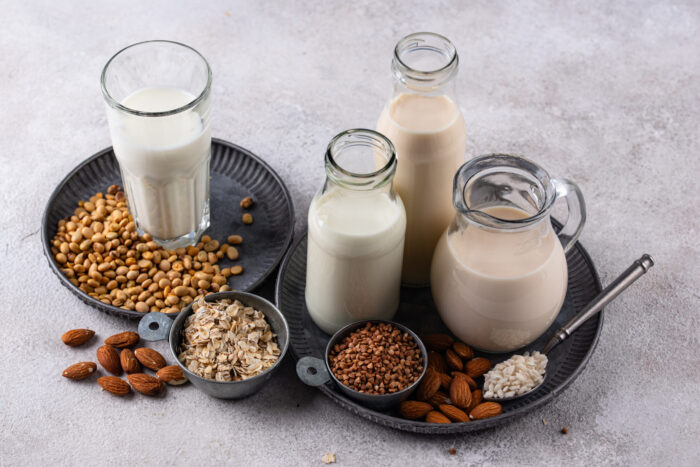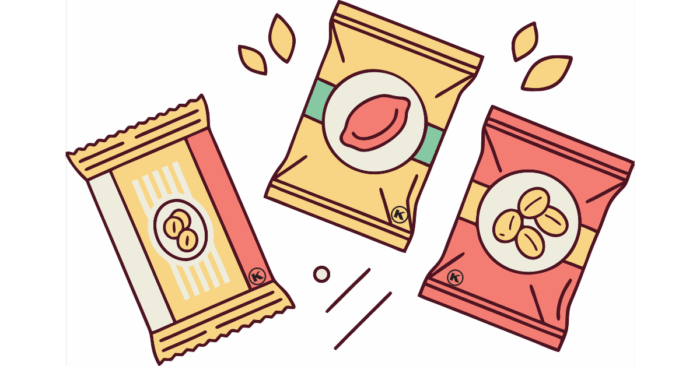חנוכה comes from the word חנינה (compassion/pardon), for on Chanukah Hashem grants us blessings, sustenance, and goodness, beyond what we deserve.
– THE MACHZOR VITRI
There is a hint to this in Rashi (Bereishis 8:11), which discusses the dove that Noach sent. The dove said to Hashem, “Let my food be as bitter as an olive in the hands of the Holy One, blessed be He, and not as sweet as honey in the hands of flesh and blood.”
REB MOSHE OF RAZVADOV ZTZ”L explains that the dove is the Jewish nation. They say, “Ribono Shel Olam, let my parnassah come from the blessings of Chanukah, when we use olive oil, because then the parnassah comes from Hashem’s compassion, and we get it even when we don’t deserve it. We prefer that, over the parnassah that comes from Rosh Hashanah, the time of year when we eat the apple with honey, because that parnassah is dependent on man’s
deeds, and one receives parnassah according to what he deserves.
In the days of Chanukah they miraculously kindled the Menorah for eight days. The Menorah had on it seven lamps, so during the period of the miracle they kindled seven lights for eight days, a total of 56 candles, which in Hebrew numerals is נ”ו.
Thus the name “Chanukah” connotes that —
ח — for eight days
נ”ו — 56 candles were miraculously kindled
כ”ה — this all started on the 25th of the month.
“What tzaddikim accomplish on Rosh Hashanah and Yom Kippur, a simple Yid can accomplish on Zos Chanukah.”
– THE RUZHINER ZTZ”L
Rabbi Chaim Fogelman is a member of the OK Kosher Vaad HaKashrus.


 EN
EN  ZH
ZH  KR
KR  BR
BR  ES
ES  IN
IN  IL
IL 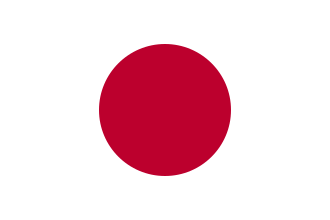 JP
JP 
